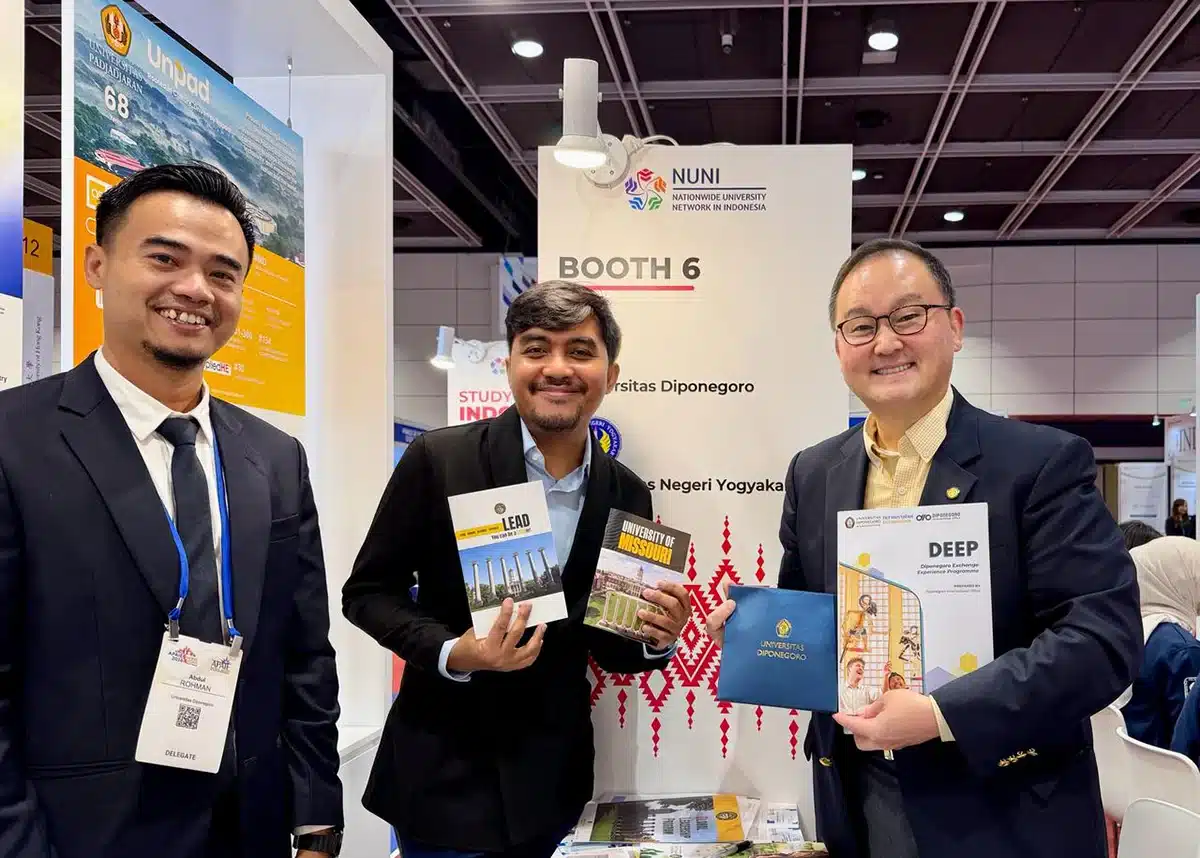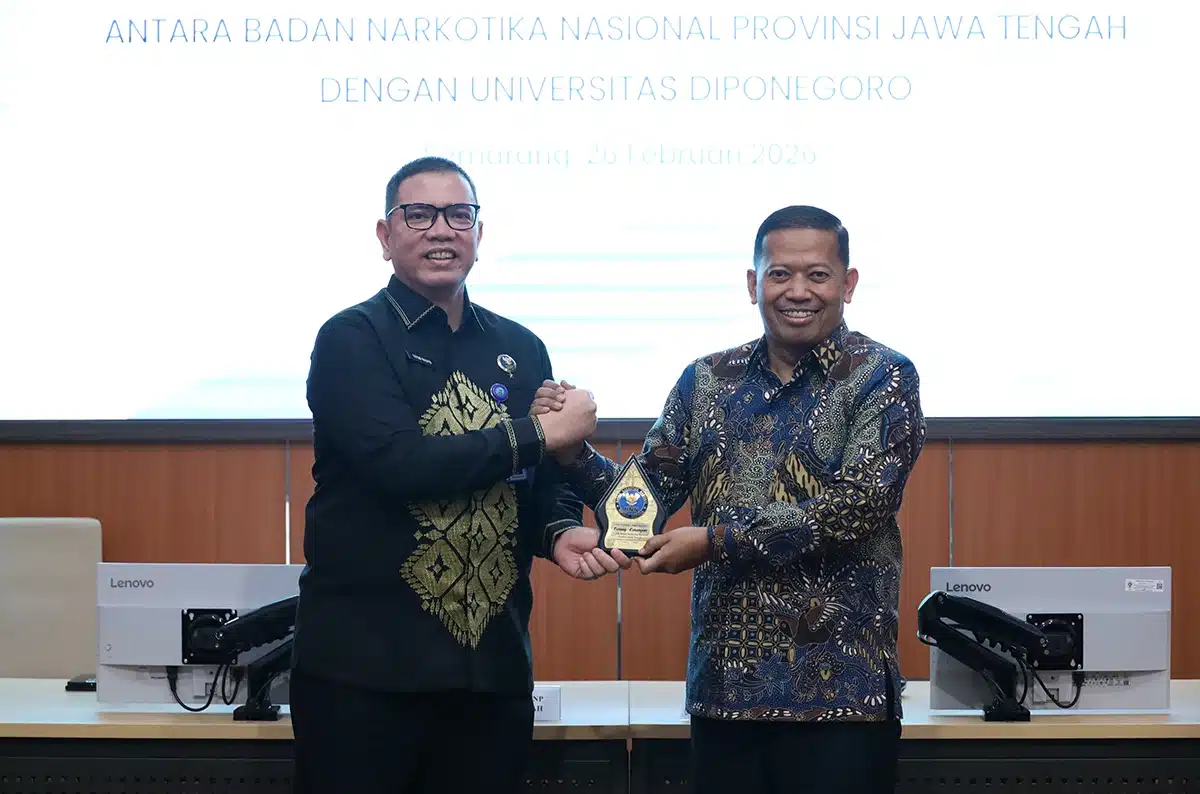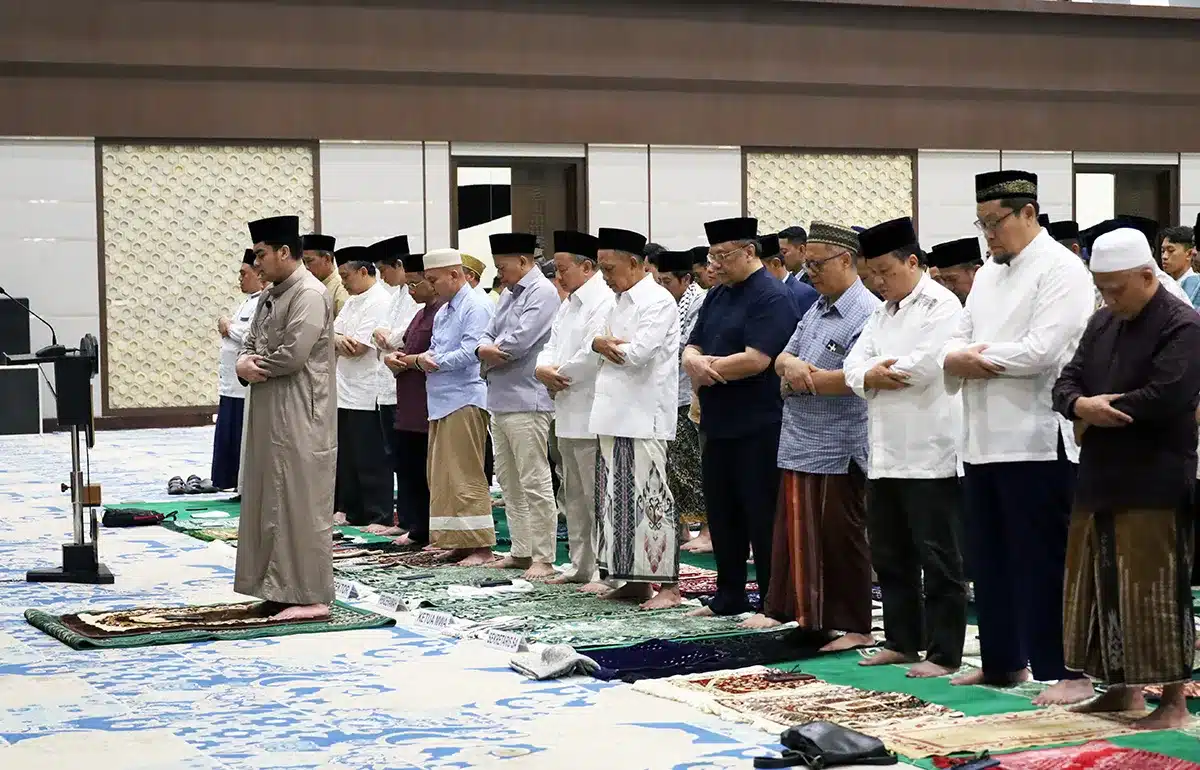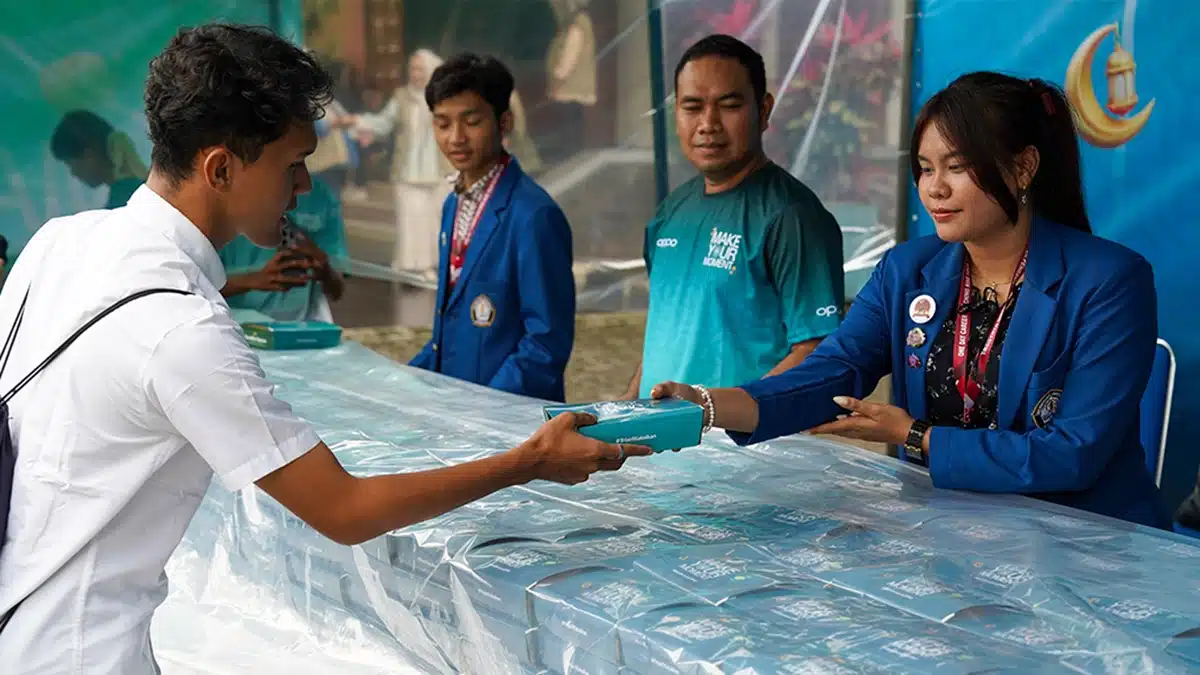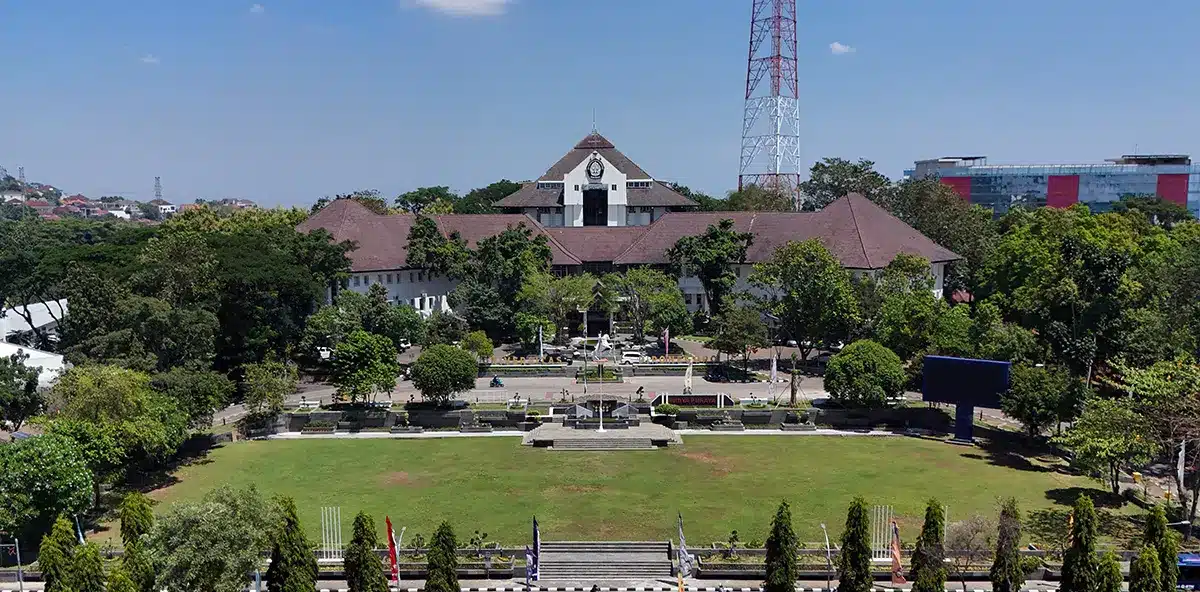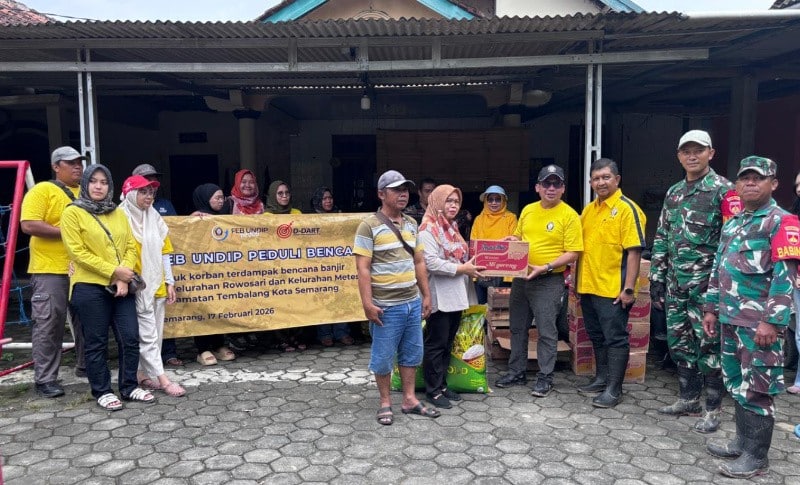Access to clean water and proper sanitation is one of the targets of Sustainable Development Goals (SDGs), especially Goals 6 – Clean Water and Sanitary. In line with UNDIP’s role as Knowledge Partner, in collaboration of Semarang City Government and Dutch RVO in activity of Water as Leverage for Resilient Cities Asia (waterasleverage.org), UNDIP is again playing a role in Association Water Development Outlook (AWDO) 2020, as a form of collaboration with ADB ( Asian Development Bank). It is an honor for UNDIP as a partner in organizing Country Launch of AWDO 2020 online (countrylaunchAWDO-KoperasiADBdanUNDIP.ac.id). AWDO 2020 does not only have 5 (five) focuses like at the beginning of its launch (13th edition), namely rural, economic, urban, environmental, and water-related disasters, but also optimized its implications in the context of urban water security and policy.
On Tuesday, February 23rd 2021, UNDIP-ADB-Ministry of Public Works and Public Housing held another webinar entitled “Asian Water Development Outlook 2020” to increase understanding of water security in sustainable development scenarios (AWDO-KolaborPUPRd withADBdanUNDIP.go.id). The activity consists of 2 (two) sessions, the first session entitled “Application AWDO in Policy Context” contains the delivery of progress and achievements of AWDO in Thailand and Karnataka-India. It is followed by the second session with the theme of “AWDO Key Dimension on Urban Water Security” which discusses in detail about water resistance management in Australia with AWDO and water resistance management in Semarang City, Indonesia. Information in the entire webinar is presented in detail referring to the empirical experience of implementing AWDO in Asian countries. The presentation of water-related problems faced by countries in Asia and the handling efforts that have been carried out with AWDO shows the success and progress of water management, governance management innovations and implementation of policies which are in line with the increasing problem of land use change. It becomes a development challenge for each country.
Efforts to alleviate Semarang City from water problems (too much, too litter, too dirty) are implemented comprehensively using an integrated approach from upstream to downstream. Dr. Bunyamin, Head of Regional Development Planning Agency Semarang, stated that the biggest problems experienced by the City of Semarang are land subsidence, land use change, and deforestation. The city of Semarang is also faced with a lack of community participation in management of drainage system. In addition, in terms of fulfilling water needs, Semarang City still depends on the surrounding area. In the long term, various challenges arise related to uncertainty regarding the continuity, quantity and quality of water in the future.
Responding to the problems faced by Semarang City in Indonesia, Prof. Steven Kenway from University of Queensland suggested that the implications of AWDO Semarang which represented Indonesia should start with the determination of one specific problem as priority with a high level of urgency and general program. This statement was again reinforced by Prof. Eelco van Beek, a representative of Integrated Water Resource Management (IWRM) program from University of Twente, which connects AWDO perspective for Indonesia that consists of the archipelago so that it requires a program and an approach that can be applied throughout Indonesia.
UNDIP-ADB collaboration through AWDO is one of the serious contributions of UNDIP in solving water affordability and water security problems in the local region, particularly in Semarang City. Apart from SDG 6 (Clean Water And Sanitation), water problems are also closely related to the successful achievement of other goals in the SDGs, namely SDG 7 (Renewable Energy), SDG 9 (Innovation and Infrastructure), SDG 11 (Sustainable Cities and Communities), and SDG 13 (Climate Action). In this case, UNDIP assists Semarang City Government and Government of Indonesia to develop innovation in facing the challenges of handling and overcoming water problems as well as in achieving sustainable development.
Translated by: Titis (Humas)


